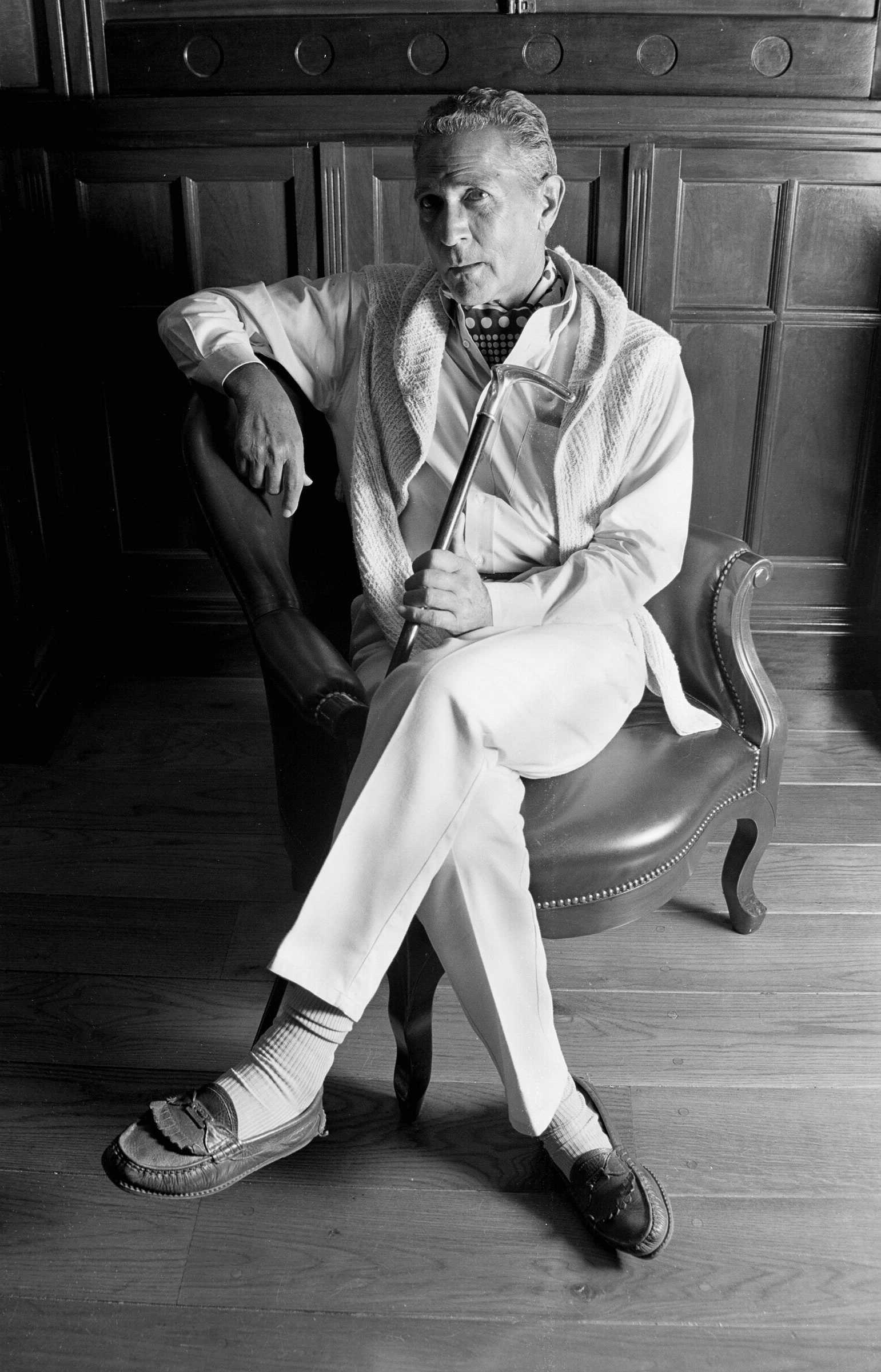- Legacy Beyond his literary work: the legacy left by Antonio Gala
- Literature Farewell to Antonio Gala, "a genius, one of the great poets and playwrights of our time"
A few days ago he left us one of the greats of literature, especially for his career as a poet, which is written with capital letters in Hispanic letters. Antonio, as far as I could know him, was an excessive person in almost all planes of life. His ironic, polyhedral, deep, exciting personality... He had a capacity for analysis that really impressed... and seduced.
Among the crystals, one of his great passions was the cinema, in which he was able to work as a screenwriter on several occasions and also attended the film adaptation of some of his novels that became outstanding successes.
Sara Montiel was one of the first who trusted in Gala's talent as a screenwriter and insisted the impossible to work on her film Esa mujer, directed by Mario Camus. Sara told me: "I was at a very important moment in my career and I wanted to turn it around. Antonio was starting to have an outstanding career and I fought a lot for him to be in the film because the producers didn't want to. One day he came home and we looked at the scripts. I remember we had a heated argument because I had an important start, then we ended up laughing." That film showed a Sara different from other moments of her filmography, she was an intense, mysterious character, full of nuances ... Gala had had a lot to do with that. He told me that it had been very difficult to work on that film and that it had ended up totally exhausted.
The production company that Rocío Dúrcal and Luis Sanz had, Moviola Films, produced Pepa Doncel, a curious film starring Aurora Bautista and Juan Luis Galiardo that was directed by Luis Lucia, a great filmmaker with a lot of character, and with whom Gala shared the writing of the scripts. Aurora said that this was a real pitched battle in which Gala defended her arguments to the last consequences: "He knew very well how he wanted things and did not settle for less, he was a little imposing in the defense of his purposes, but very bright and passionate. He fought for his ideas until the end. I also argued with him as crazy, but I adore him."
He said that no one like Ana Belén could arouse so many mixed emotions and that she was the muse of eroticism in its greatest dimension.
Successes
After that success, Luis Sanz and Rocío thought it would be great if Antonio was the screenwriter of Dúrcal's next film. Sanz wanted his pupil to continue advancing in his career and intended to nuance his new interpretive registers to reach another public profile. Antonio liked Rocío's personality and found it an aphrodisiac to be responsible for that change. The project would be called Awakening in the Clouds and I remember seeing part of the scripts in Luis' house in Marbella. Luis did not like to talk too much about the projects that had not come out in his brilliant career. The same thing happened with the project that Marieta was going to do with Bardem.
Gala, portrayedJOSÉ AYMÁ
One day I asked him seriously what had happened to that. Sanz told me very solemnly that the problem had been economic and that they had not reached a final agreement. The scripts belonged to Luis and I do not know his fate after everything that happened with his inheritance.
The days were not always the same with Ana Belén, who was one of the actresses that Antonio loved the most. One day at her house in Madrid she told me: "I fell in love with her in Zampo and I... that sadness... nothing to do with the others...", he said it in such a histrionic way that it made you laugh, but his passion for Ana was total. When The Turkish Passion was filmed, Gala was delighted with her presence. She said that no one like her could arouse so many mixed emotions and that she was the muse of eroticism in its greatest dimension.
Ana Belén posing for María Pilar CuestaGTRES
His fortune
The film, directed and adapted by Vicente Aranda, was a great success that obtained an immense collection with which Gala greatly increased her fortune. What is certain is that Antonio did not agree with many scenes and, especially, flatly refused to accept the end of the film that had nothing to do with that of the novel, which was also shot, but did not work according to the director's criteria.
Illusions
Gala's dream was that Marisol, already then Pepa Flores, would star in the film adaptation of her novel Beyond the Garden. He was willing to do anything to get it, but his efforts were futile. Pepa had already decided to retire and although she came to read the script with interest, she said a resounding no to that project that would end up starring Concha Velasco with a great category. Marisol was closed to everything and there was no check that could seduce her.
Antonio Gala's love affair with the cameras was a constant, he was delighted to work in the cinema, on television, to do interviews. He was one of the most mediatic authors because he thought it was the best way to bring literature to the masses in the exciting game of appearances.
About 15 years ago... One spring day, he called me and said, "Don't you plan to come and see me anymore?"
I was speechless... Among the flattering verses all the cadences of words that seek their meaning between the lines of an intense life in which illuminated voids became customary.
- literature
- poetry
- cinema
According to the criteria of The Trust Project
Learn more

